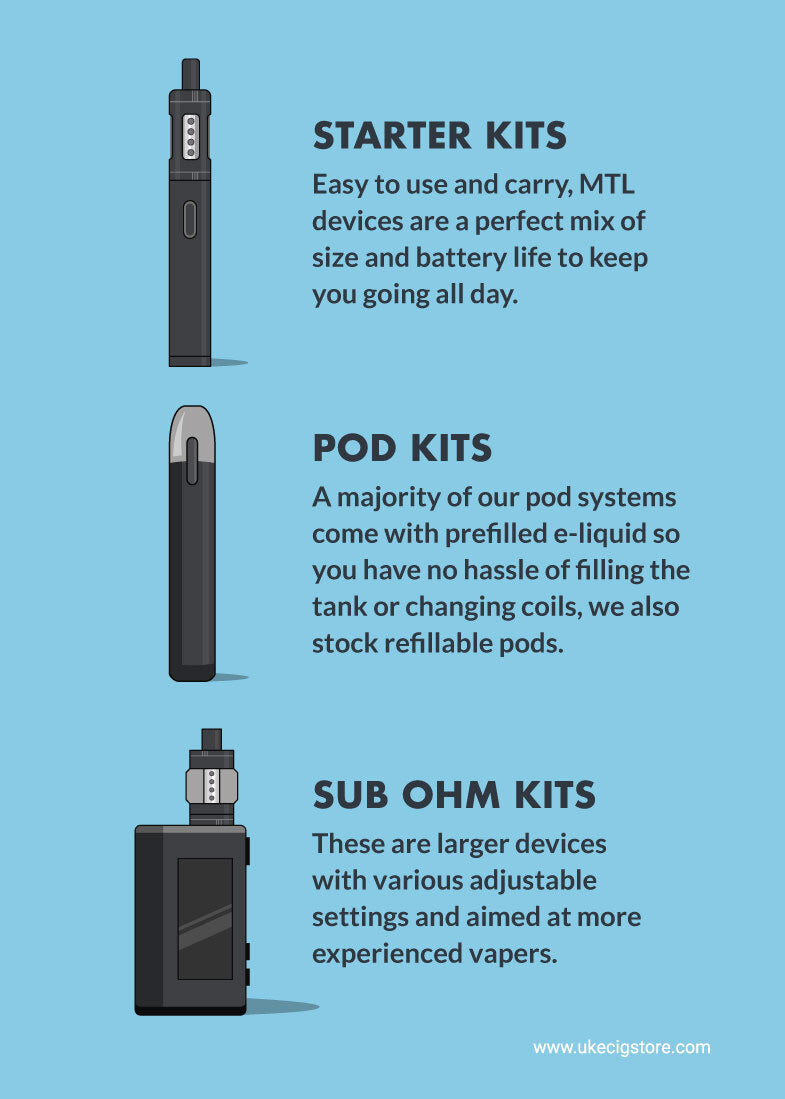Electronic cigarettes (e-cigarettes) and related products are legal and regulated in Germany. Understanding the current rules is essential.
Regulatory Framework
Germany transposed the European Union’s Tobacco Products Directive (TPD) into national law (Tabakerzeugnisgesetz – TabakerzG). This governs the manufacture, presentation, and sale of e-cigarettes and e-liquids.

Key Regulations
- Nicotine Strength: The nicotine concentration in e-liquids is capped at a maximum of 20 mg/mL.
- Tank/Cartridge Capacity: Pre-filled tanks and cartridges must not exceed a volume of 2 mL.
- Refill Mechanism: Refillable devices must be leak-proof and utilize a nozzle or similar filling mechanism.
- Child Safety: E-liquid containers must be equipped with child-resistant closures.
- Packaging & Labelling: Packaging must display mandatory information, including:
- Nicotine content and delivery per use (where applicable).
- Ingredient list.
- Health warnings covering the entire surface (“This product contains nicotine which is a highly addictive substance”).
- Batch number and manufacturer details.
- Instructions for use and disposal.
- Ingredient Restrictions: Certain additives (e.g., vitamins, caffeine, taurine, certain colorings) are prohibited. Additives creating the impression of health benefits, enhanced vitality, or reducing health risks are banned.
- Age Restriction: Sale or supply of e-cigarettes and e-liquids containing nicotine to persons under 18 years of age is illegal.
Legal Status & Usage
Germany classifies e-cigarettes containing nicotine as tobacco products. Non-nicotine e-liquids are considered consumer products subject to general safety regulations.
While subject to specific product rules, e-cigarettes are not currently covered by Germany’s comprehensive smoking ban laws in enclosed public spaces. However, individual states (Bundesländer) may impose stricter rules, and private establishments or transport providers can implement their own bans.
Notification Requirement
Manufacturers and importers must notify the German Federal Office for Consumer Protection and Food Safety (BVL) via the EU Common Entry Gate (EU-CEG) portal at least 6 months before placing any new e-cigarette or e-liquid product on the market. Compliance with TPD requirements is mandatory for notification approval.
Taxation
Germany applies an excise tax (“Tabaksteuer”) to e-liquids containing nicotine. The tax amount is based on the liquid volume.
Important Considerations
These regulations are subject to potential updates, particularly as the EU reviews its broader tobacco framework. Individuals and businesses should stay informed of any legislative changes.








